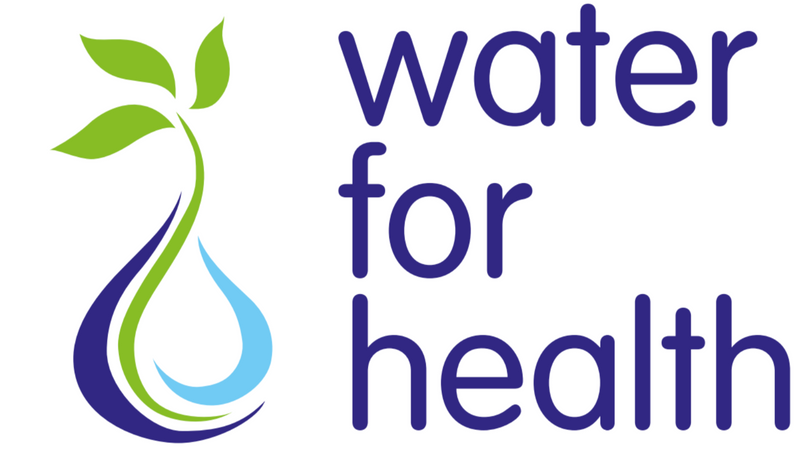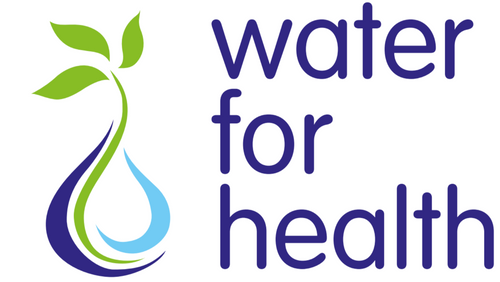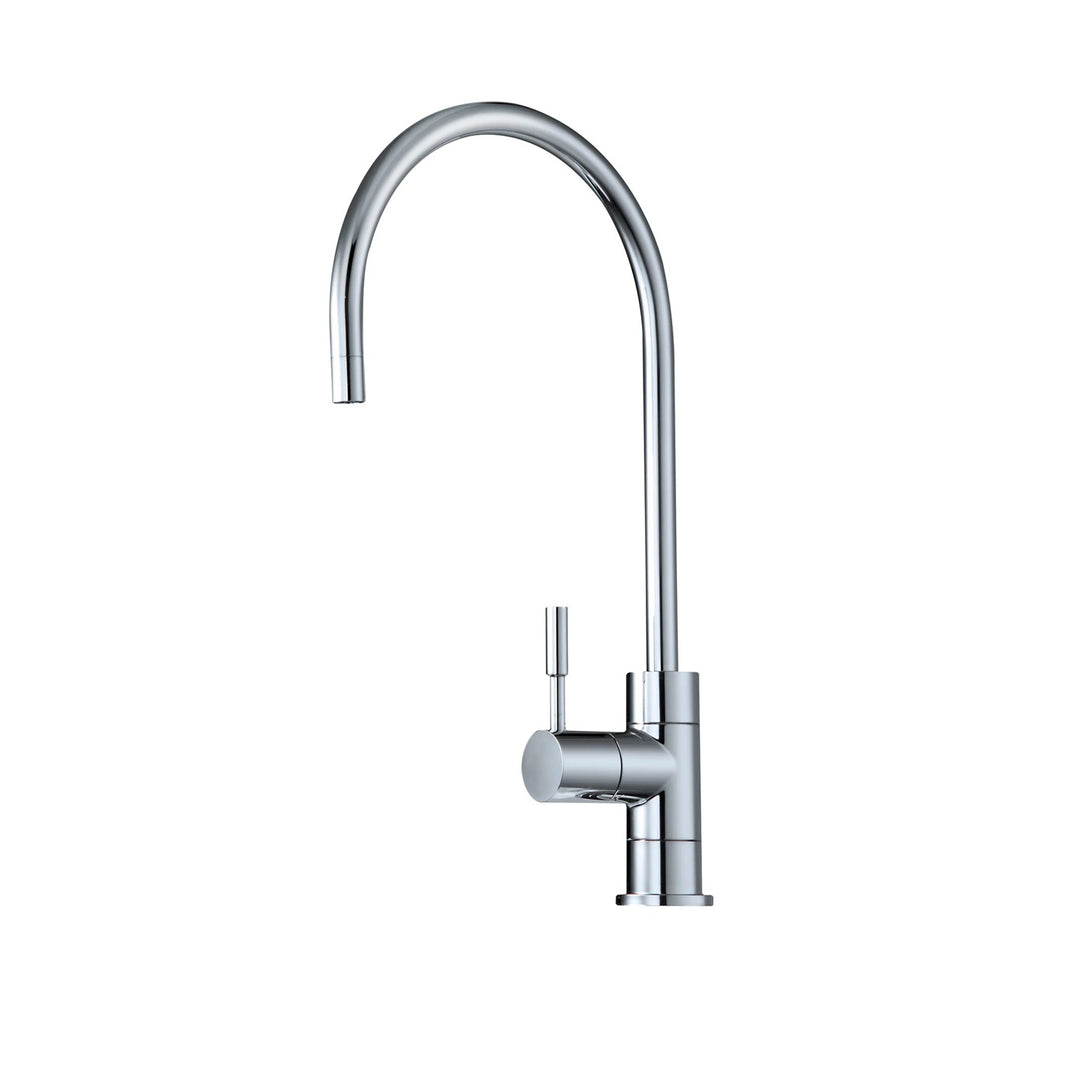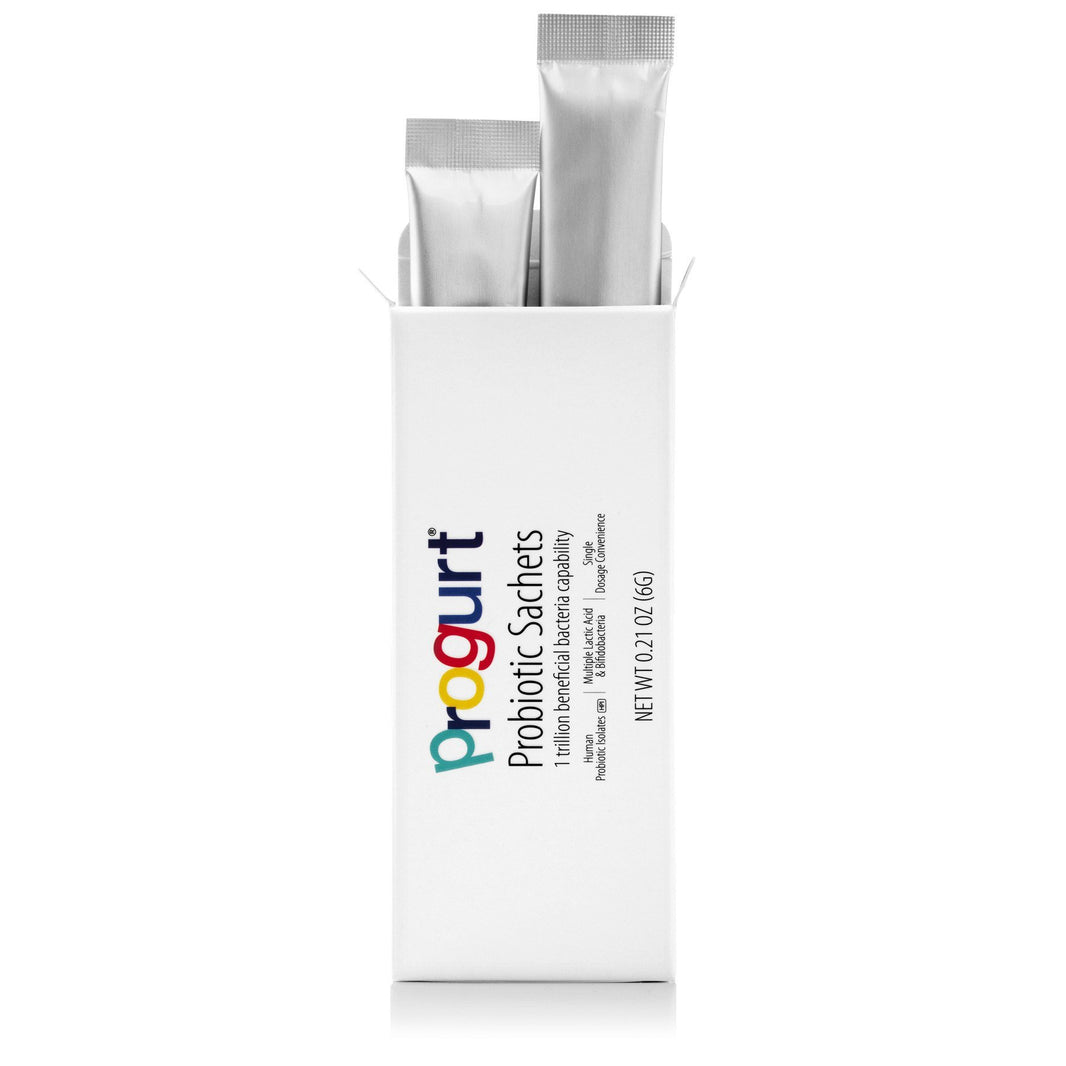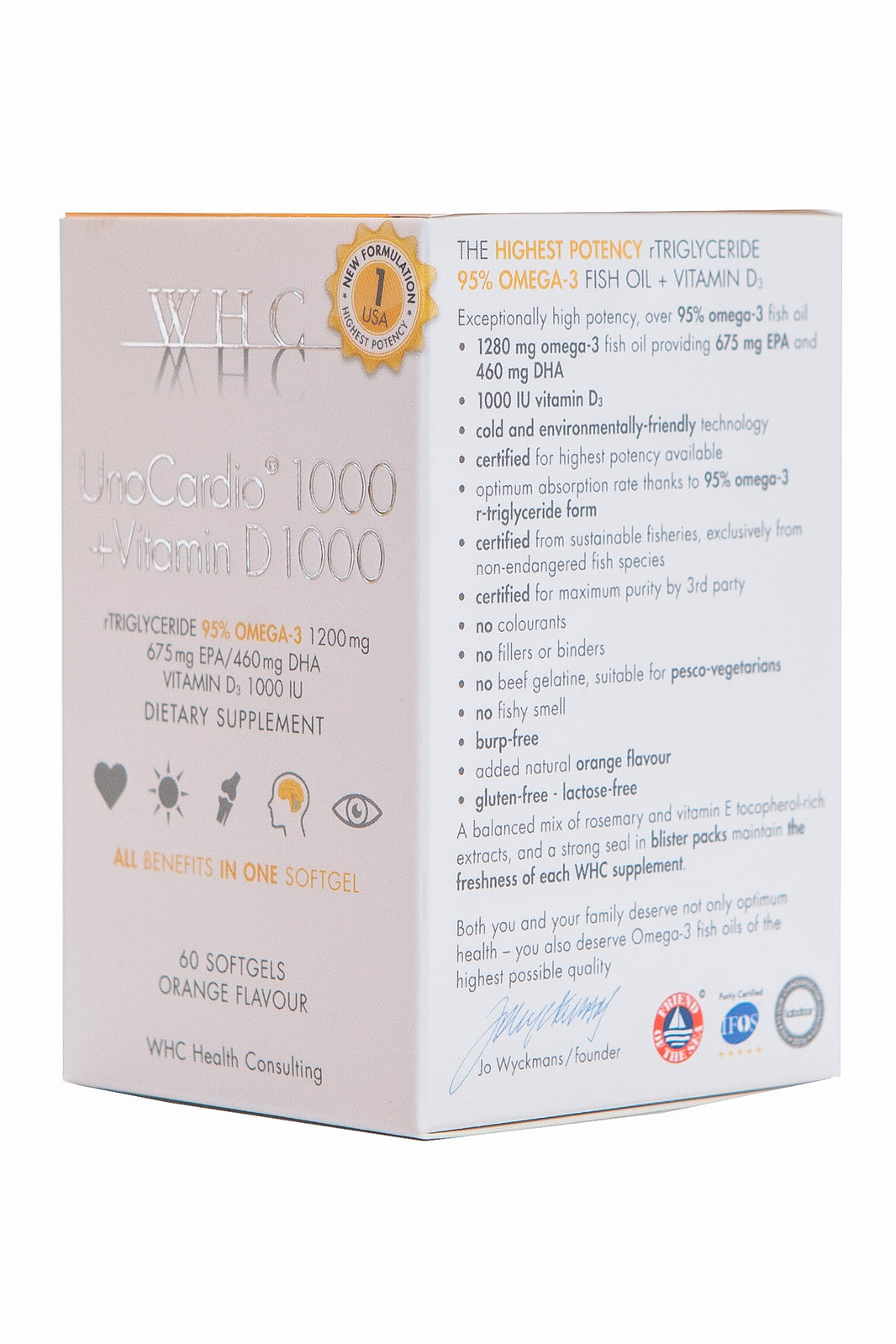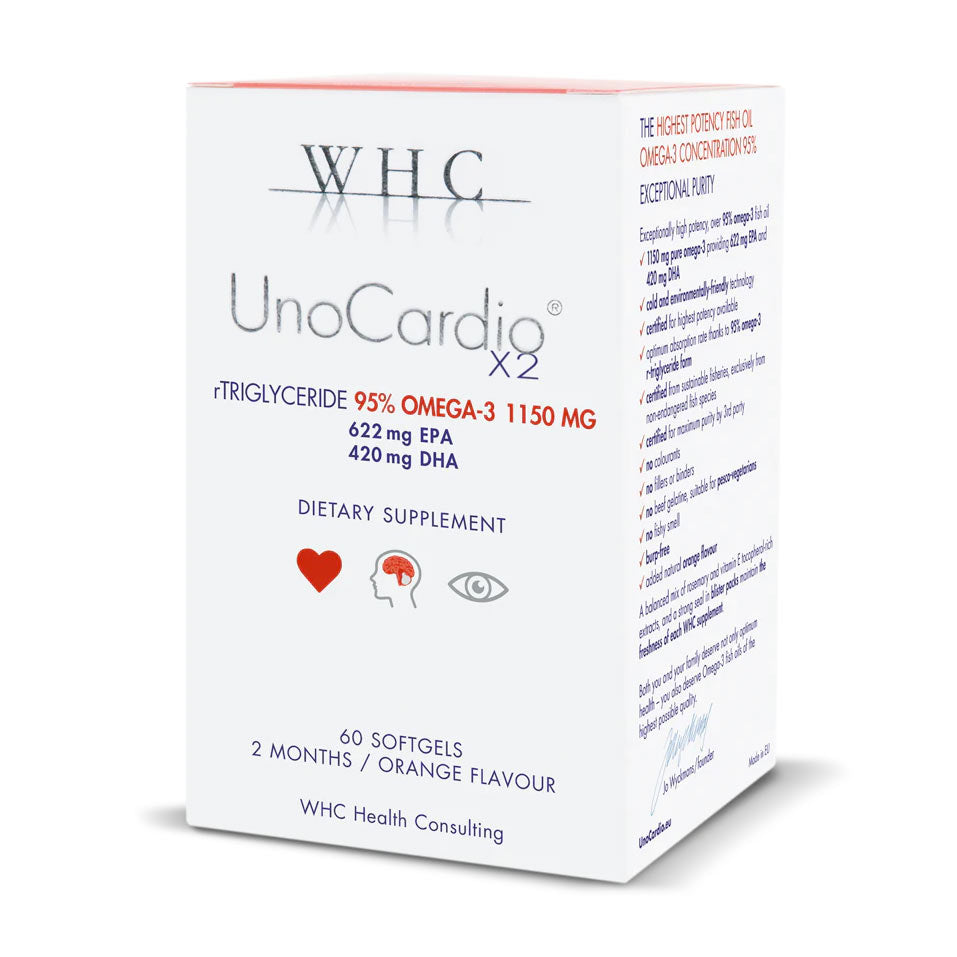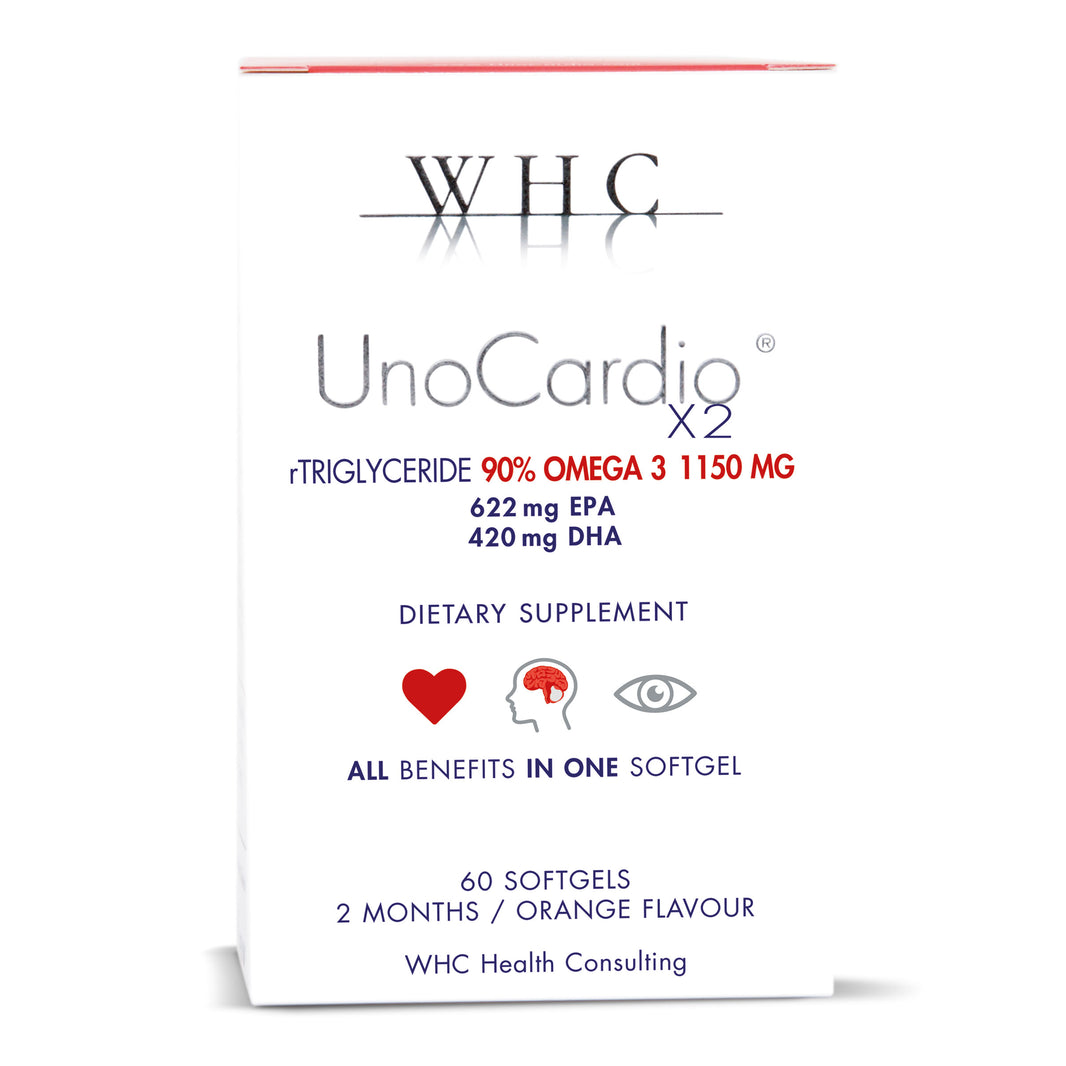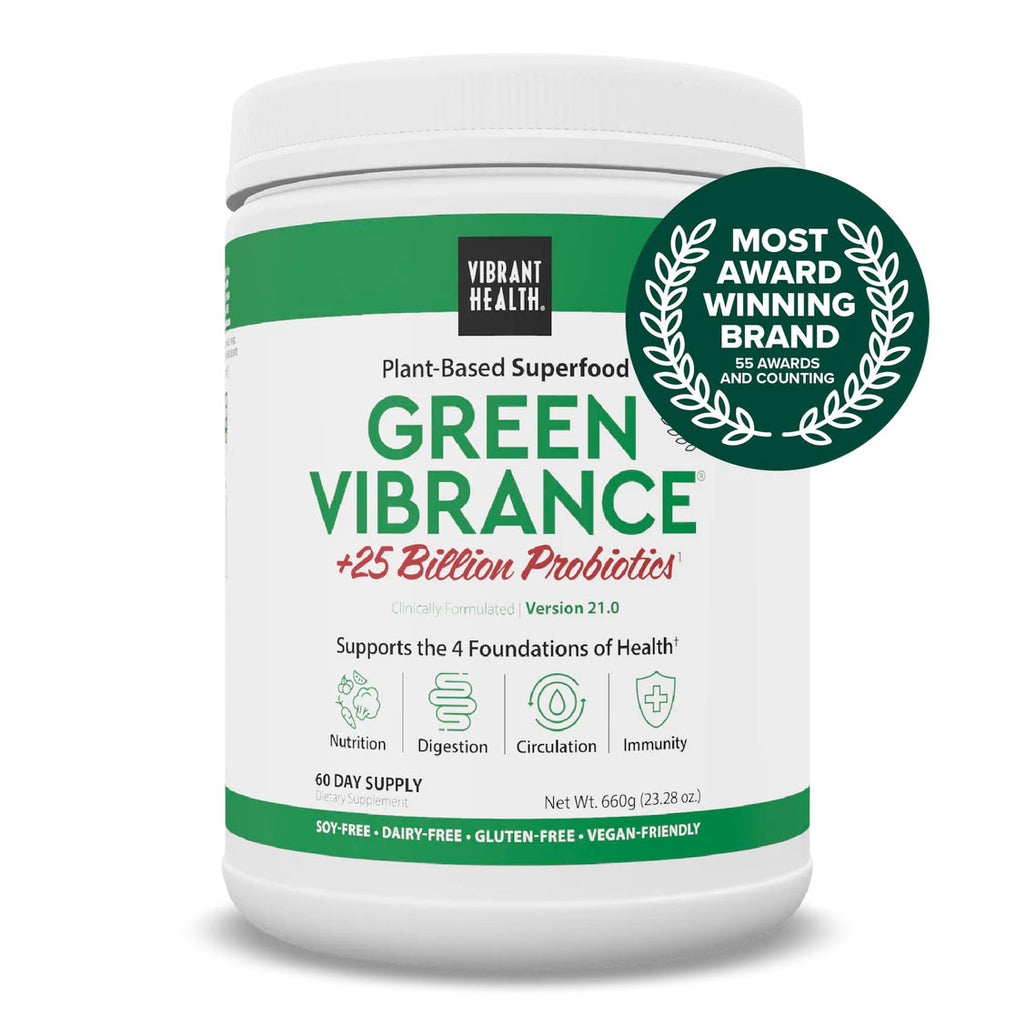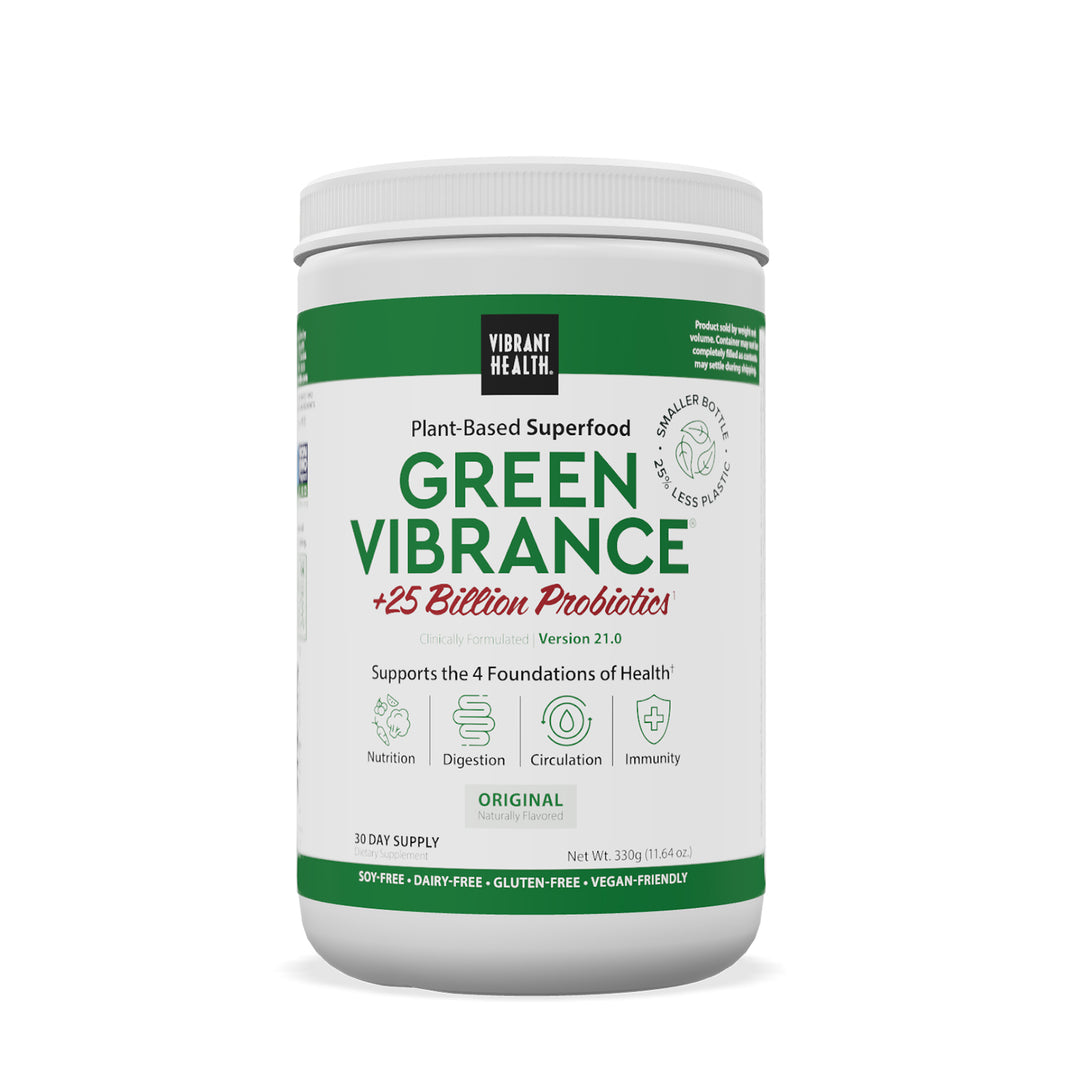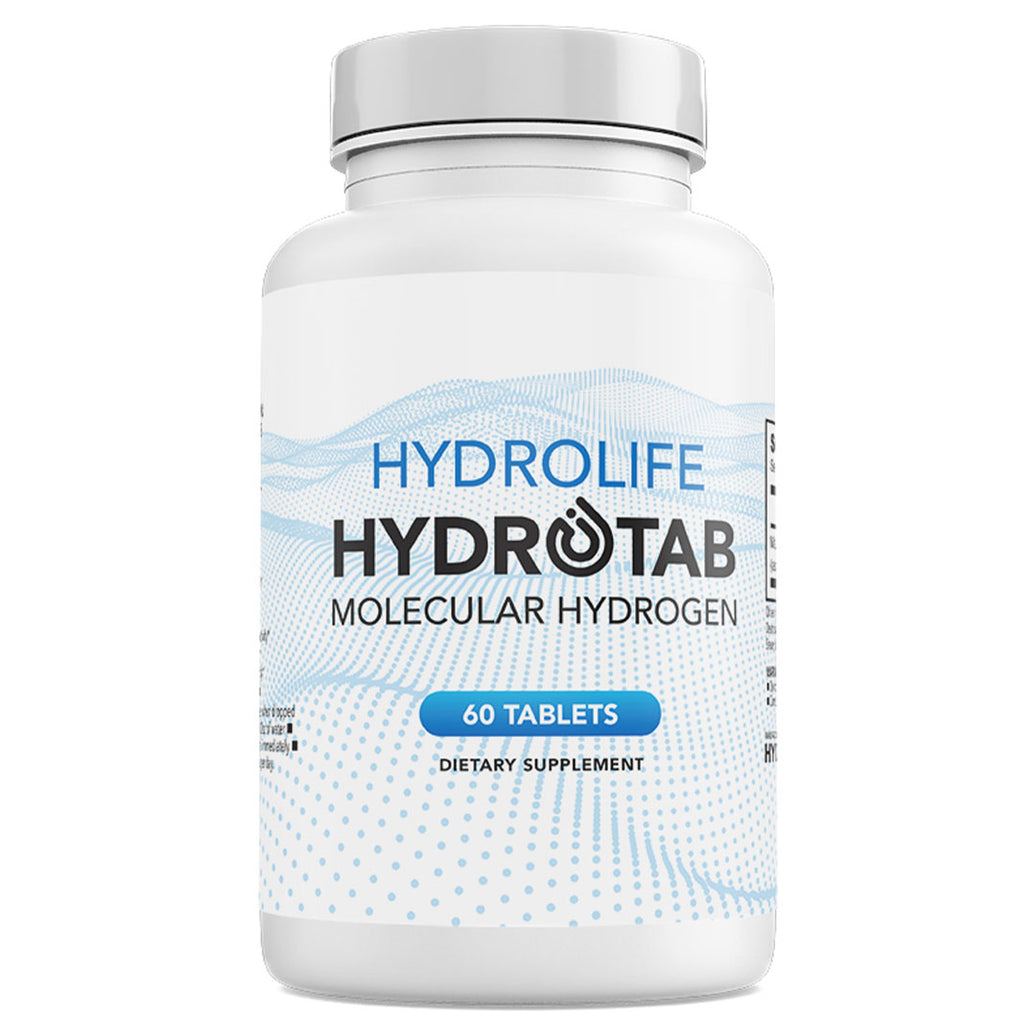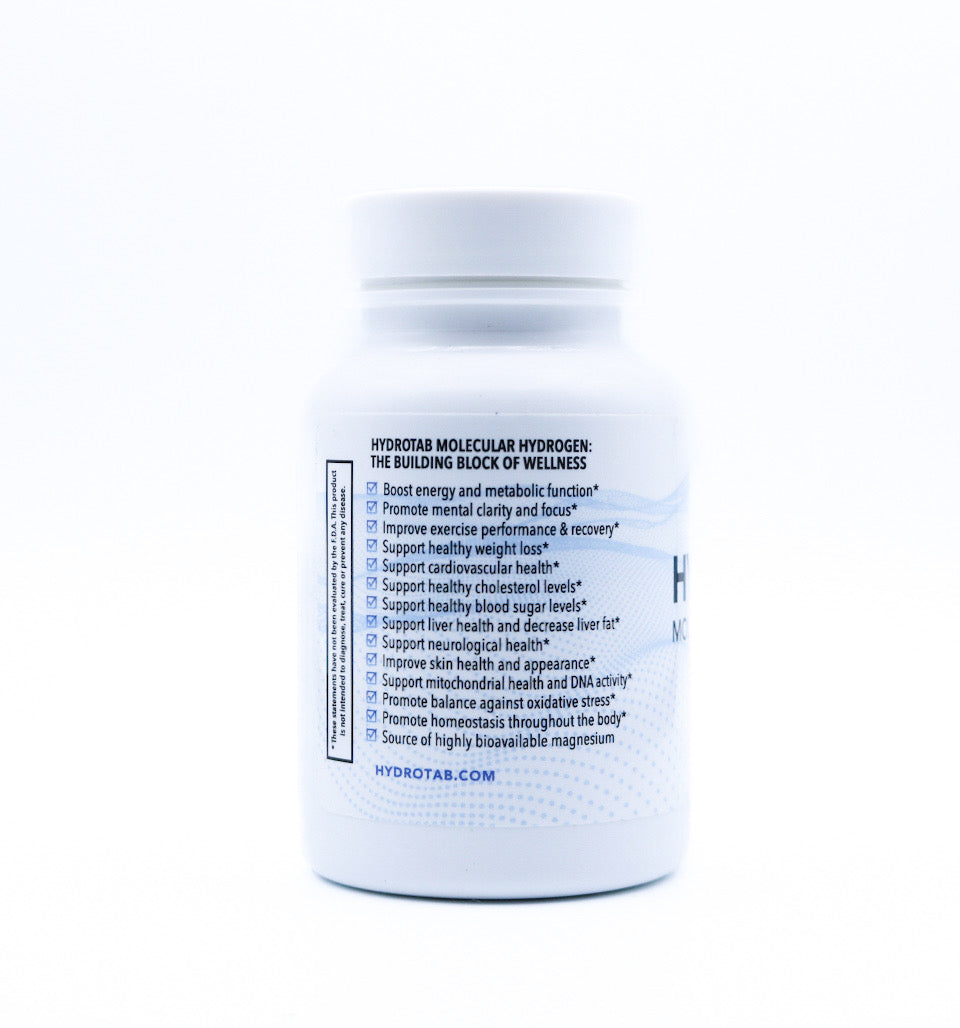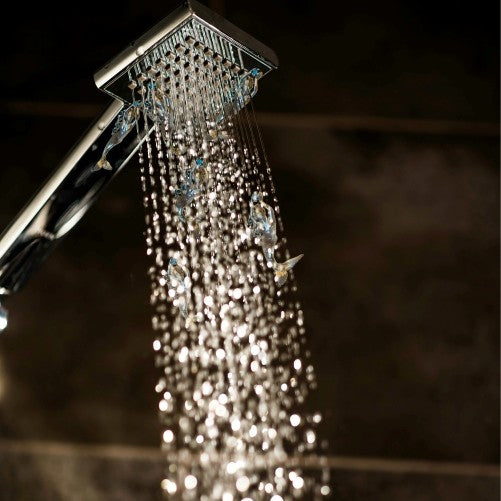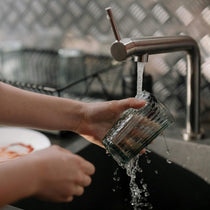When you're dealing with dryness, itchy skin after shower, eczema, rashes, or dermatitis, the most important thing you can do is figure out what's actually causing the problem.
Think about it this way: if something's irritating your skin every single day, you'll want to tackle that root cause before spending your hard-earned money on treatments that might not even work.
Here's something that might surprise you: one of the most common culprits behind persistent skin problems is actually the water we shower in every day. If your skin gets irritated by water regularly, there are usually specific reasons why this happens.
The good news? There are proven ways to fix this, and we’re here to share them with you.
Why Your Shower Might Be Causing Water Dermatitis and Skin Problems
Some lucky people only deal with the occasional dry patch on their hands, face, or behind their knees and elbows. But if you're reading this, you're probably one of the many who battle shower eczema, persistent itchiness, or other frustrating skin issues.
Whether you're trying to prevent your next eczema flare-up or simply want to keep your skin feeling soft and healthy, let's look at what might be going wrong with your shower routine.
1) When Your Water's pH is Causing Problems (Including Alkaline Water Eczema)
Here's something most people don't realise… soap and body wash don't work properly in water that's too acidic or too alkaline. The minerals in this type of water actually block the cleaning action.
You've probably experienced this if you've ever noticed it's really hard to rinse soap off your body, out of your hair, or even out of your clothes. It's the same reason your hands feel slimy after washing up with bleach or strong washing-up liquid.
When soap doesn't rinse off properly, it stays on your skin and dries it out. This leftover residue is often what triggers skin irritated by water reactions. Your fancy shower gels can actually make things worse in these conditions, potentially blocking your pores and contributing to shower eczema symptoms.
Many people try to scrub harder to get that soapy feeling off, but this just makes things worse by creating those red, itchy, sensitive spots that are classic signs of water dermatitis.
2) Why Hot Showers and Itchy Skin Go Hand in Hand
We know a lovely hot shower feels amazing, especially after a long day. But here's the thing…Hot water strips away your skin's natural protective oils, leaving you with dry, itchy skin after your shower.
Think about washing up greasy dishes. You use hot water and soap to cut through the grease, right? Well, your skin has natural oils too, and hot water does exactly the same thing to them.
When you damage your skin this way, you often end up with a rash on face after shower or dry patches elsewhere. Your skin then has to work overtime to repair itself and replace those protective oils.
Here's something else worth knowing: some people's skin is also sensitive to very cold water, which can cause tiny cracks and irritation.
And while we all want to be clean, showering more than twice a day can be too much for your skin to handle. Every time you shower, you're washing away those natural oils, and your skin has to rebuild that protective barrier from scratch. If you're prone to shower eczema, this constant cycle can really take its toll.
3) Could You Be Allergic to Chlorine in Shower Water?
Water companies add chlorine to our tap water to keep nasty bacteria at bay, which is actually a good thing. They also use other chemicals to make sure recycled water is safe to drink.
But sometimes additional chemicals and heavy metals sneak into our water supply through old pipes, contaminated ground around our homes, or polluted water sources.
Some people have quite dramatic reactions if they're allergic to chlorine in shower water. You might break out in hives or develop other obvious symptoms right after showering.
But more commonly, people experience subtler signs of water dermatitis such as: persistent itchiness, dryness, or that generally irritated feeling. Heavy metals like iron, zinc, copper, and lead can cause similar problems.
These substances can also change how your skin's natural oils behave, turning them from smooth, flowing oils into waxy substances that clog your pores and make shower eczema worse.
Simple Ways to Prevent Shower Eczema and Keep Your Skin Happy
Get Your Water Temperature Just Right
Instead of those scalding hot showers, try switching to comfortably warm water. This simple change can make a huge difference:
Your skin won't get burned or damaged
You won't breathe in as much chlorine vapour
You'll keep more of your skin's natural protective oils
Remember that dish-washing analogy? You don't want to treat your delicate skin the same way you'd tackle greasy pans!
Rethink Your Soap Strategy
This might sound a bit unusual, but try using soap only where you really need it like your: armpits, private areas, hands, and feet. For the rest of your body, a gentle rub with a soft washcloth or sponge might be enough.
If you're not ready to ditch soap entirely, just use less of it... This reduces the soapy residue that can trigger skin irritated by water reactions, especially if your water has pH issues.
Natural alternatives like coconut oil can work brilliantly because they have antibacterial properties without harsh chemicals.
Whatever you choose, avoid products with fragrances, alcohol, synthetic antibacterial ingredients, and preservatives. These additives are notorious for making shower eczema symptoms worse and can easily cause a rash on face after shower.
Consider a Dechlorinating Showerhead
A dechlorinating showerhead is honestly one of the best investments you can make for your skin. Even if you don't currently struggle with shower eczema, removing chlorine from your shower water can make a noticeable difference.
You might even find you need less moisturiser because your skin's natural oils aren't being stripped away every day. Plus, you'll still get the antibacterial benefits of chlorine in your drinking water.
Good quality dechlorinating showerheads often include antibacterial components that kill any remaining bacteria whilst protecting you from those allergic to chlorine in shower reactions.
Look Into Better Water Filtration
If you live somewhere with particularly challenging water quality, don't despair. Modern water filtration systems can remove contaminants like chlorine, heavy metals, bacteria, and fluoride.
These systems often produce water that's better for your skin and may even offer antioxidant benefits that help prevent water dermatitis.
If you're still worried about heavy metals despite having a filter, you can get chelator gels that you apply before showering. These clever products trap metals on your skin's surface so they can't get into your pores and cause damage.
Quick Fixes You Can Try Right Now
If you've already got a water filter in your kitchen but can't stretch to another one just yet, here's a simple trick: keep your face out of the shower water as much as possible. When you need to wash your face, use the filtered water from your kitchen instead.
Because filtered water is often alkaline, you'll need very little soap or ideally none at all. This protects your most sensitive facial skin from the chemicals and chlorine that commonly cause rash on face after shower.
The Bottom Line on Shower Eczema and Water-Related Skin Issues
You don't have to put up with persistent skin problems or spend a fortune on moisturisers and treatments that only address the symptoms.
By understanding how your water quality might be contributing to shower eczema, itchy skin after shower, and other water-related skin issues, you can tackle the problem at its source.
The strategies I've shared are all based on real science and have helped countless people get their skin health back on track. When your skin is irritated by water, the answer often lies in improving that water quality rather than just treating the irritation afterwards.
Remember, everyone's skin is different, so what works for your friend might not work for you. But by trying these approaches systematically, you're likely to find the combination that works best for your particular situation.
Your skin deserves better than daily irritation from something as basic as your shower water. With the right approach, you can enjoy your daily shower routine without worrying about the aftermath on your skin.
